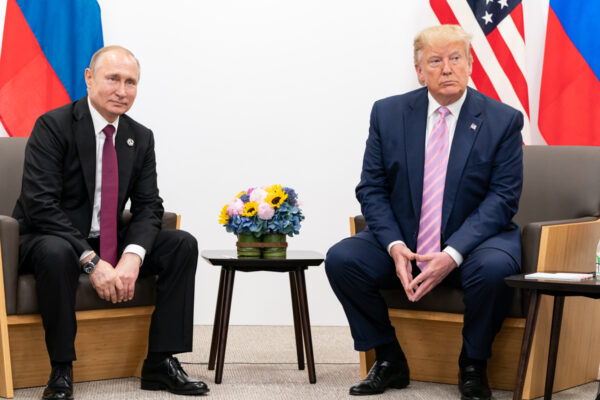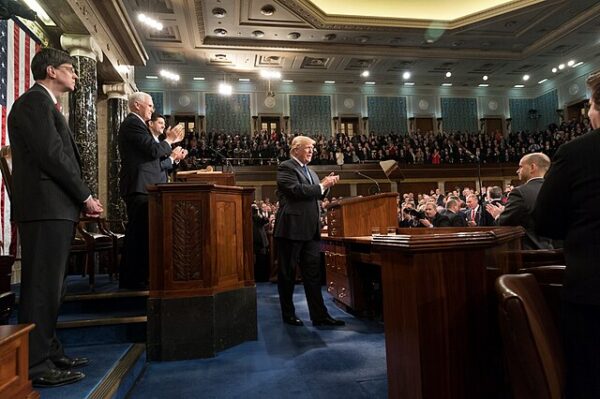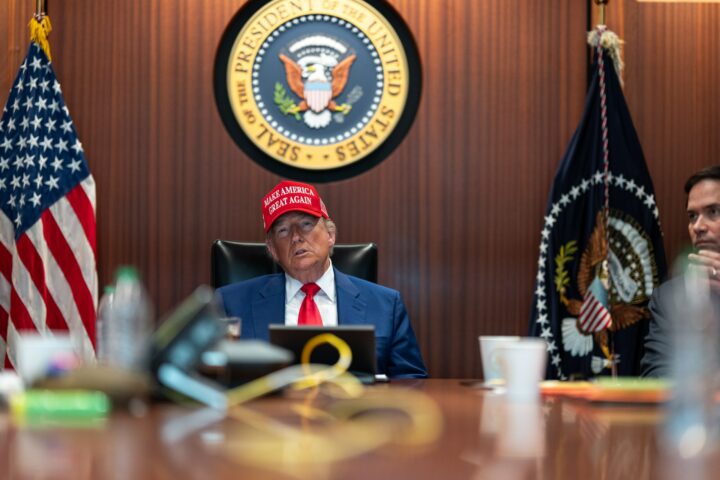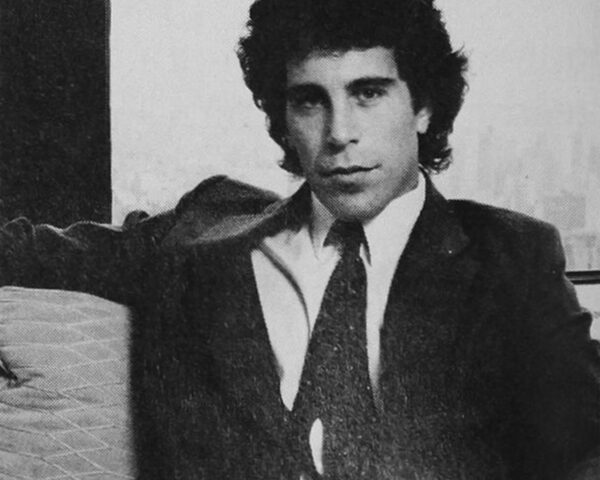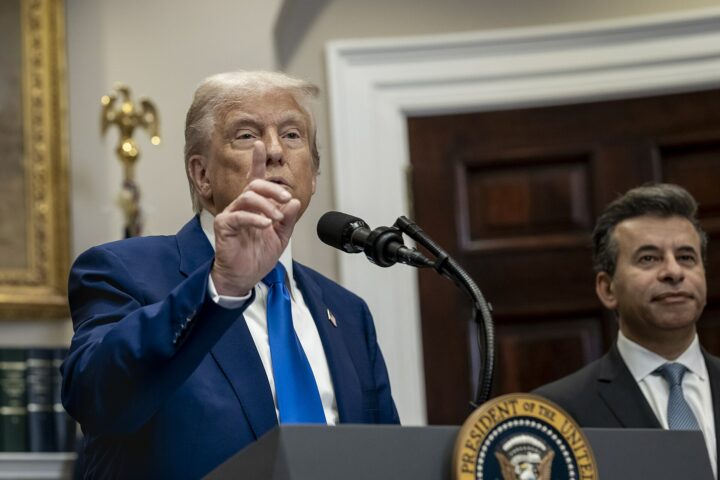President Donald Trump signaled Tuesday that a direct meeting between Russian President Vladimir Putin and Ukrainian President Volodymyr Zelensky—without his presence at the outset—could mark a useful step toward breaking the deadlock in the four-year-old war in Eastern Europe.
Speaking on The Mark Levin Show, Trump said that while he continues to envision a three-way summit with himself as mediator, he now believes an initial bilateral meeting might provide a clearer test of whether the two adversaries can find common ground. “I thought it would be better if they met without me, just to see. I want to see what goes on. You know, they had a hard relationship, very bad, very bad relationship,” Trump told Levin. “And now we’ll see how they do and, if necessary, and it probably would be, but if necessary, I’ll go and I’ll probably be able to get it close.”
The remarks came one day after Trump hosted Zelensky and seven European leaders at the White House, where he floated plans for a direct Putin-Zelensky session, to be followed by a trilateral round with himself, according to The Hill. While Zelensky has voiced openness to direct dialogue, Moscow has yet to commit. Russian Foreign Minister Sergey Lavrov stressed that any high-level encounter would require “step by step” preparation, beginning at the technical and expert level.
Trump’s comments underscore a renewed push for diplomacy, following his 40-minute phone call with Putin on Monday and their recent face-to-face meeting in Alaska—his first as president since returning to office. He was joined in that session by Secretary of State Marco Rubio and special envoy Steve Witkoff. “I just want to see what happens at the meeting,” Trump said. “So they’re in the process of setting it up, and we’re going to see what happens.”
The White House has not released details on timing or logistics, but Trump’s maneuver reflects a calculation that even a tentative thaw between Putin and Zelensky might lay the groundwork for a broader settlement. Whether Russia will engage on those terms remains uncertain, leaving the prospects of direct negotiations—and Trump’s role in them—still unresolved.
[Read More:

